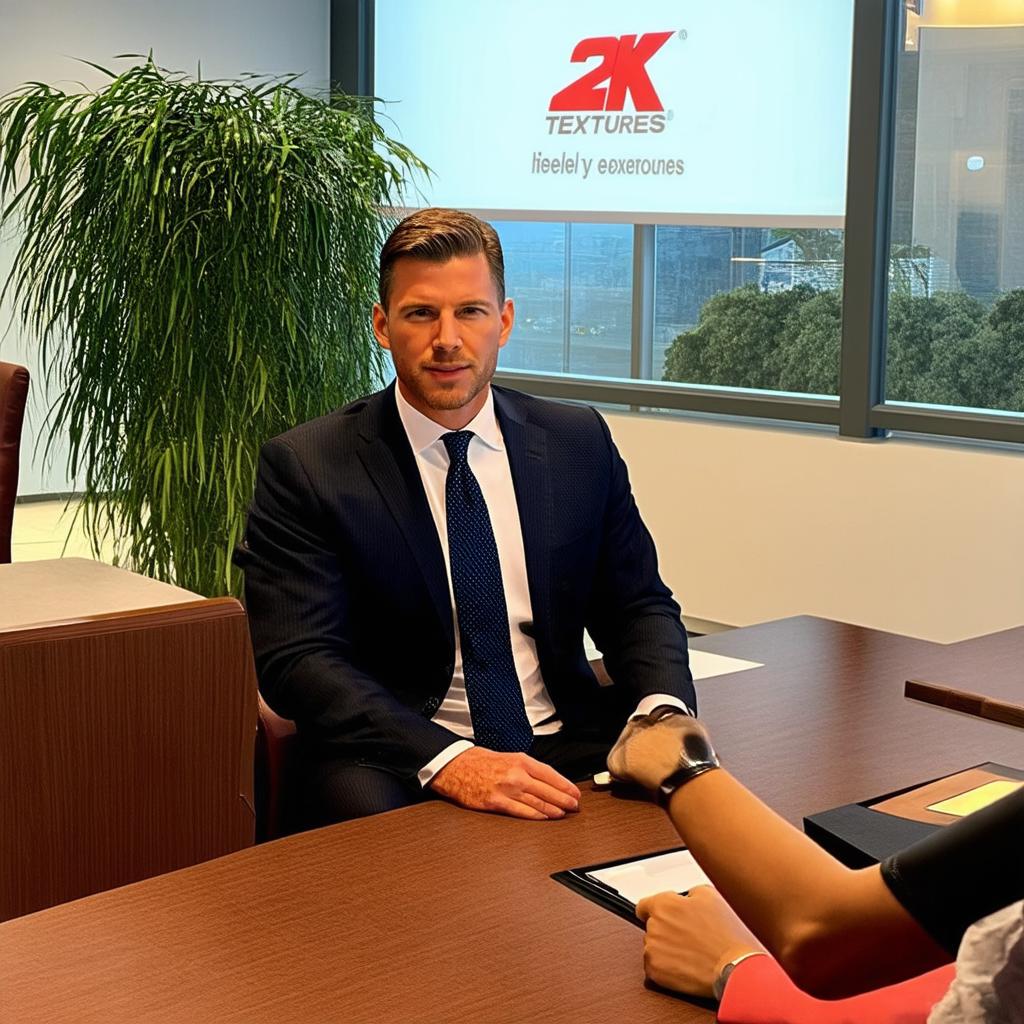Questions to inquire about during a company interview

Hiring the Right Employee Is Crucial for Any Organization
Hiring the right employee is crucial for any organization. It’s not just about finding someone who can perform the job functions, but it’s also about finding someone who will fit in well with the company culture and contribute to its growth.
Understanding the Candidate’s Background
The first step in any successful interview is understanding the candidate’s background. This includes their education, work experience, and skills. However, it’s also important to delve deeper into their personal life to get a better understanding of who they are as a person.
Education
- What motivated you to pursue this particular field?
- How did your education prepare you for the role you’re applying for?
- Have you taken any courses or workshops related to the position? If so, what did you learn and how has it helped you in your previous roles?
Work Experience

- Can you tell me about a time when you had to overcome a challenge at work? How did you handle it?
- What are some of your biggest achievements in your previous roles?
- How do you stay current with industry trends and developments?
- Have you ever worked on a team that had conflicting goals or priorities? How did you resolve the issue?
Skills
- Can you give me an example of how you’ve used [specific skill] in your previous roles?
- What do you consider to be your biggest strengths and weaknesses?
- Have you ever taken a personality test or assessment? If so, what did it reveal about your work style and preferences?
Getting to Know the Candidate’s Personality and Values
While a candidate’s background is important, it’s equally important to understand their personality and values. This will help you determine if they will fit in well with your company culture and share your vision for the future.
Personality
- Can you tell me about a time when you had to work under pressure? How did you handle it?
- What do you consider to be your biggest strengths and weaknesses?
- Have you ever taken a personality test or assessment? If so, what did it reveal about your work style and preferences?
Understanding the Candidate’s Goals and Motivations
The final step in any successful interview is understanding the candidate’s goals and motivations. This will help you determine if they are a good fit for the role and if they share your long-term vision for the company.
Goals
- What are your short-term and long-term career goals?
- How do you see yourself growing in this role?
- Can you tell me about a time when you had to pivot your career path? What was the outcome?
Motivations
- What motivates you in your work?
- How important is growth and development to you?
- Can you tell me about a time when you had to take on a new challenge at work? What was the outcome?
- How do your motivations align with those of our company?
Case Studies: Successful Interview Questions in Action
To help illustrate how effective interview questions can be, let’s look at some real-life examples. These case studies show how asking the right questions can lead to a successful hire and help a company achieve its goals.
Case Study 1: Hiring for a Marketing Position
A marketing agency was looking to hire a new member of their team. They wanted to find someone who had experience in social media marketing and could help them increase their client base. The manager asked the following questions during the interview:
Can you tell me about a time when you successfully increased engagement on a social media post? What did you do and what was the outcome?
How do you stay current with the latest social media trends and developments?
Have you ever worked on a campaign that didn’t go as planned? If so, how did you pivot and what was the outcome?
The candidate who was hired had experience in managing multiple social media accounts and had successfully increased engagement on posts for previous clients. They also showed a strong understanding of the latest social media trends and were able to provide examples of how they had adapted their strategies to stay ahead of the curve. The manager was impressed with the candidate’s experience and knowledge and felt confident that they would be a good fit for the role.
Case Study 2: Hiring for a Sales Position
A sales company was looking to hire a new member of their team. They wanted to find someone who had experience in closing deals and could help them meet their revenue goals. The manager asked the following questions during the interview:
Can you give me an example of how you’ve successfully closed a large deal? What was your approach and what was the outcome?
How do you prioritize and manage your sales pipeline?
Have you ever had to overcome objections from a potential client? If so, how did you address their concerns and what was the outcome?
The candidate who was hired had experience in closing deals and had successfully closed several large deals in the past. They also showed a strong understanding of how to prioritize and manage their sales pipeline. The manager was impressed with the candidate’s experience and felt confident that they would be able to help the company meet its revenue goals.
Case Study 3: Hiring for an HR Position
An HR agency was looking to hire a new member of their team. They wanted to find someone who had experience in employee onboarding and could help them streamline their recruitment process. The manager asked the following questions during the interview:
Can you tell me about a time when you had to onboard a new employee? What was your approach and what was the outcome?
How do you ensure that the recruitment process is efficient and effective?
Have you ever had to deal with a difficult candidate or employee during the onboarding process? If so, how did you handle it?
The candidate who was hired had experience in employee onboarding and had successfully streamlined the recruitment process for previous clients. The manager was impressed with the candidate’s experience and felt confident that they would be a good fit for the role.
Note: These case studies are hypothetical and do not represent any real-life situations or individuals.